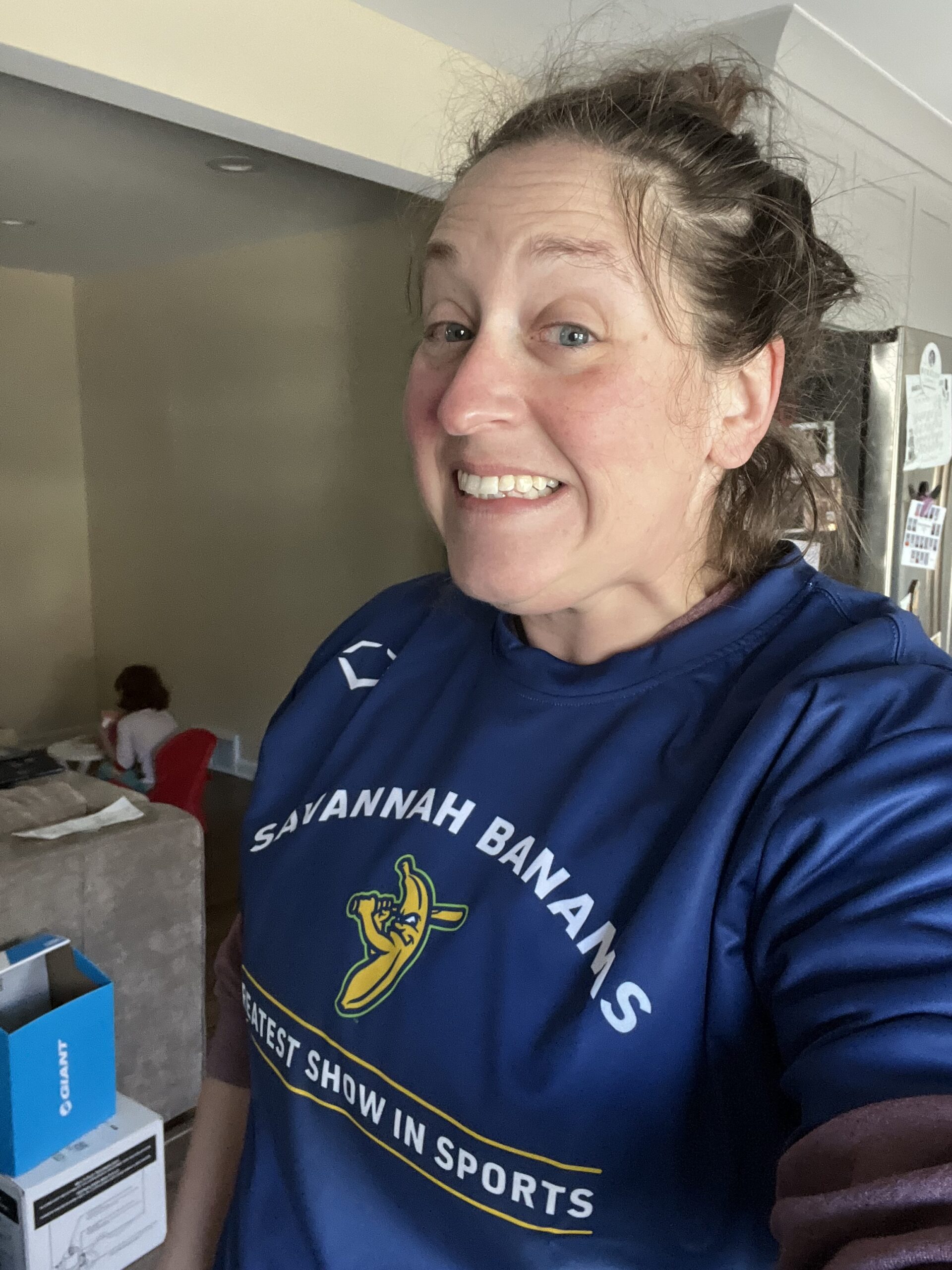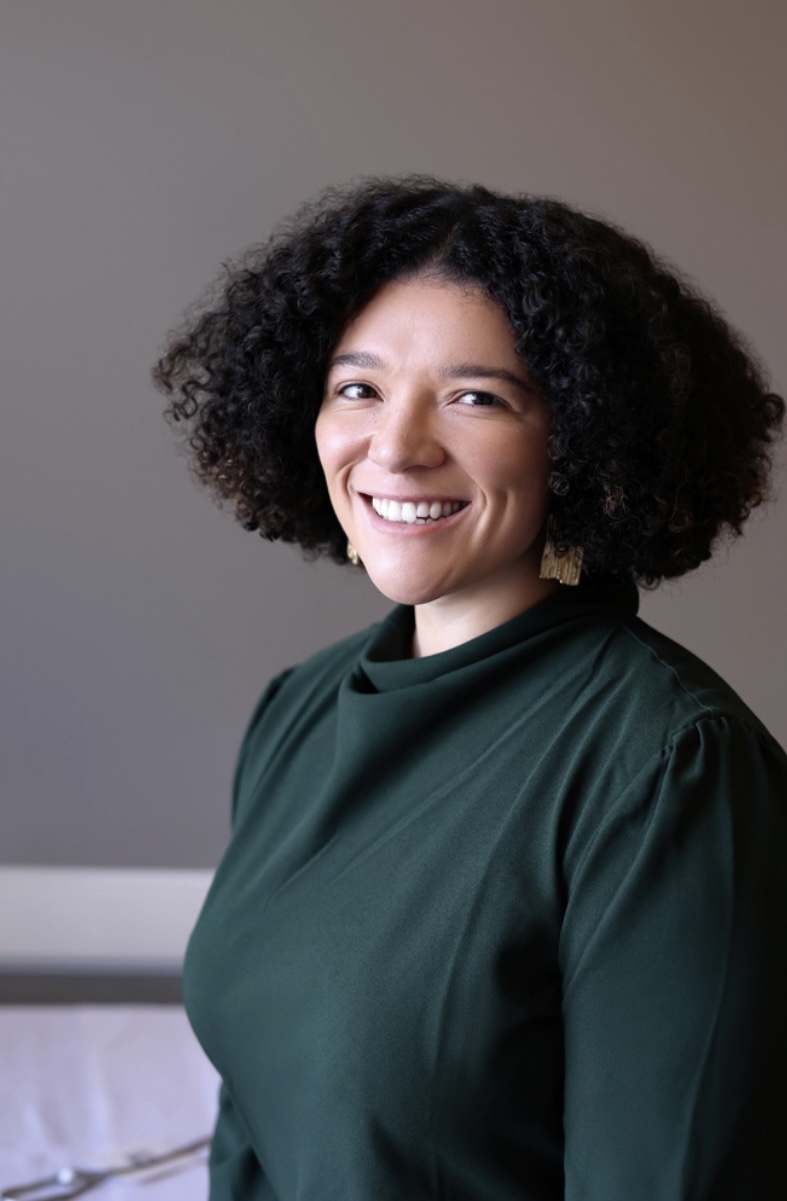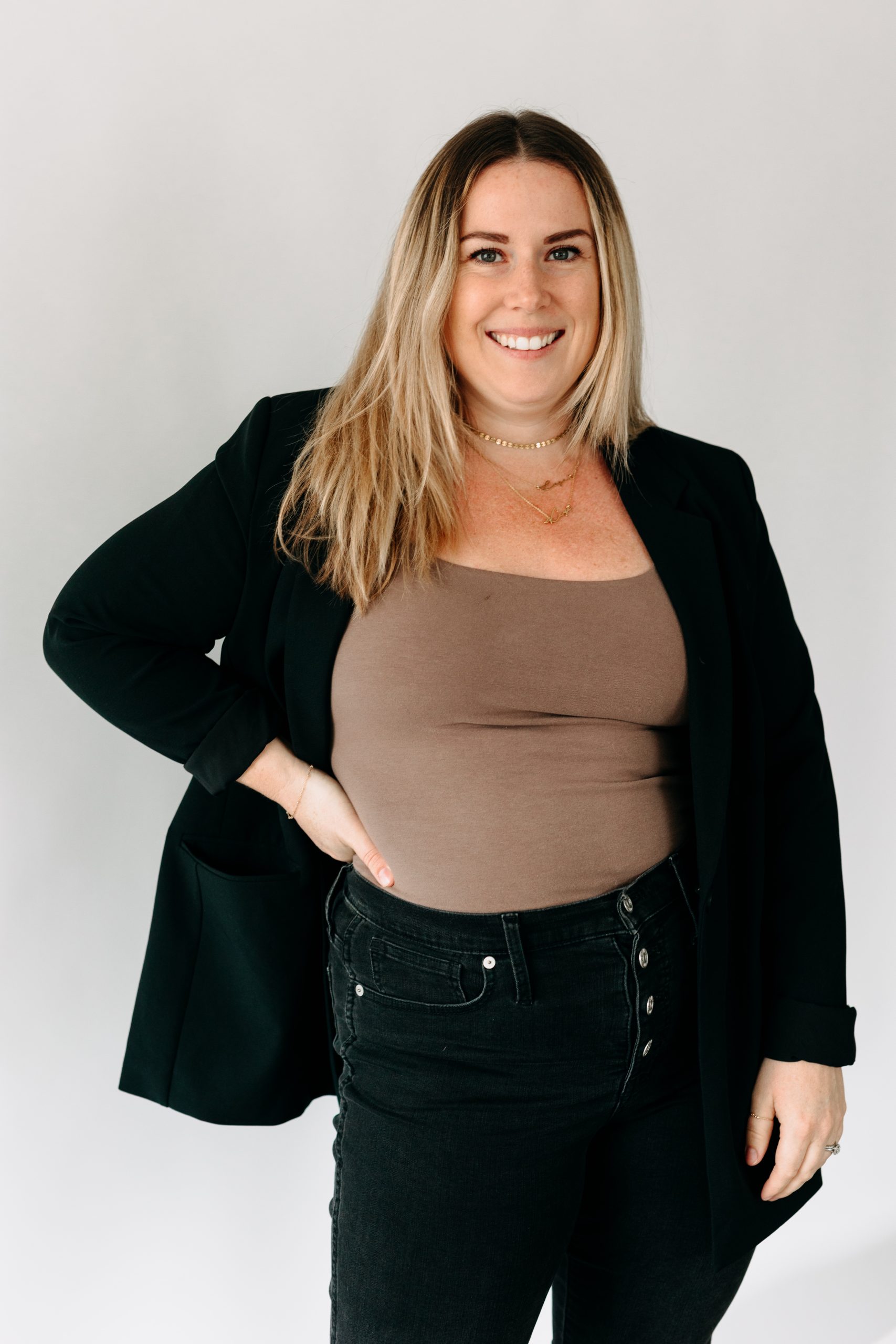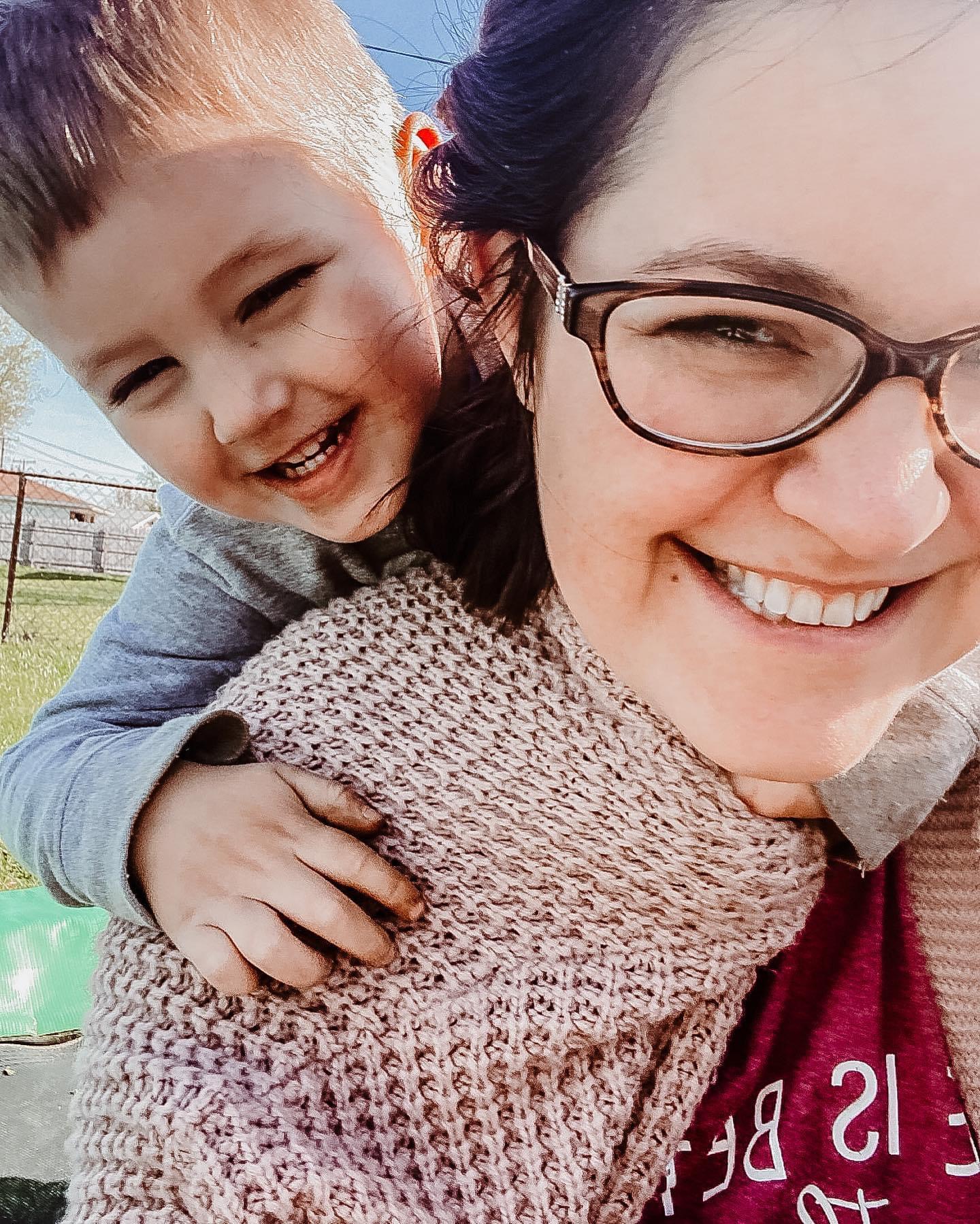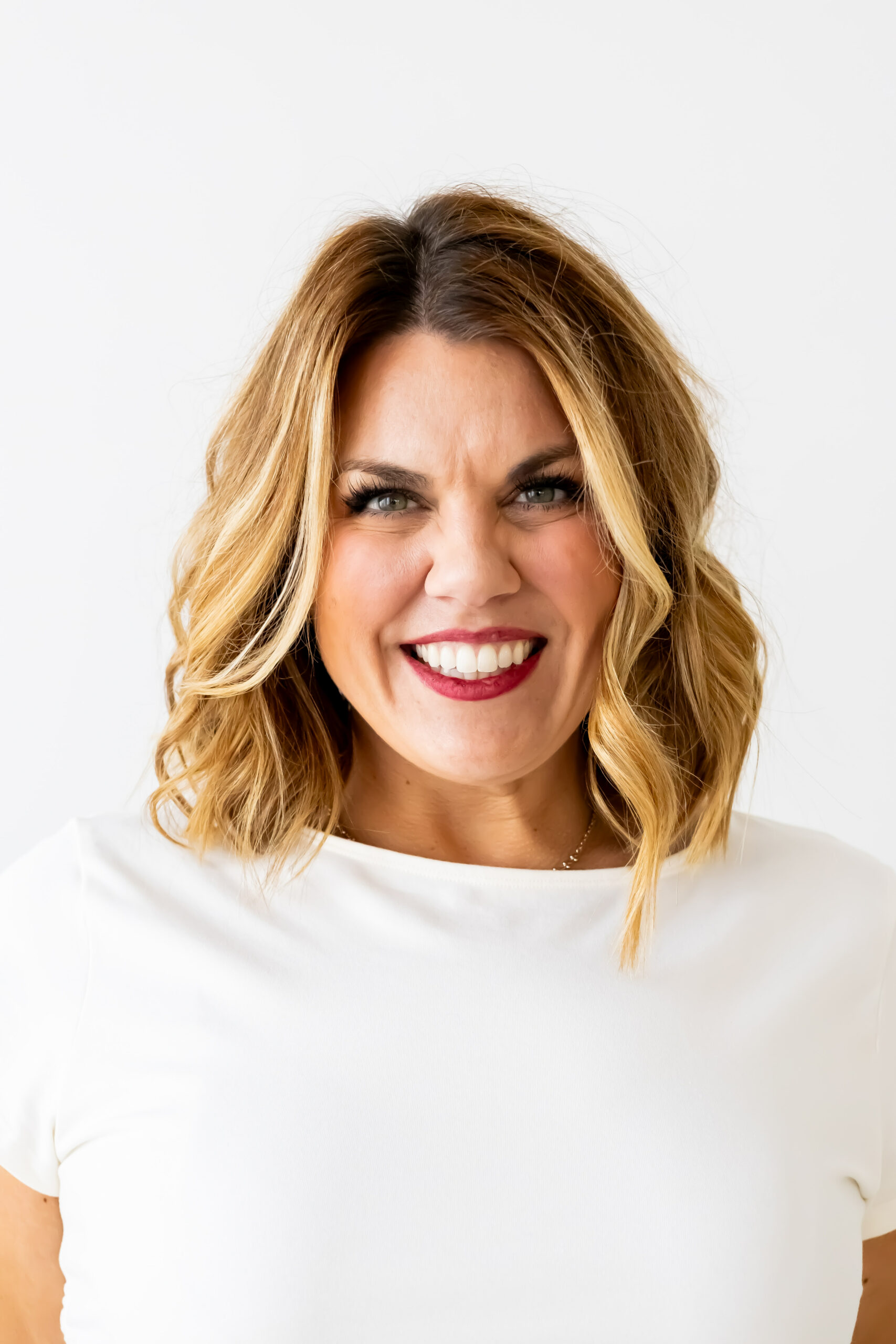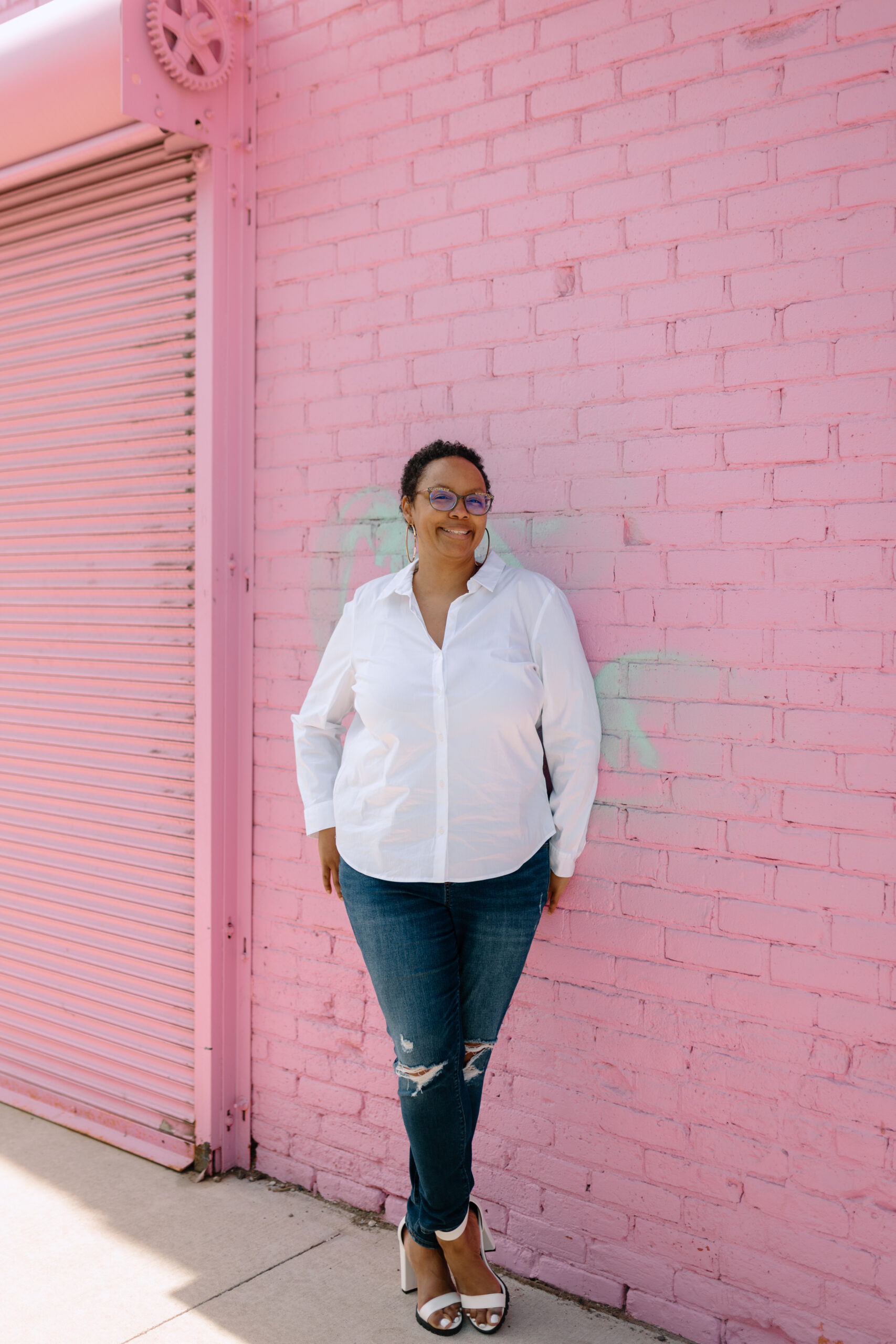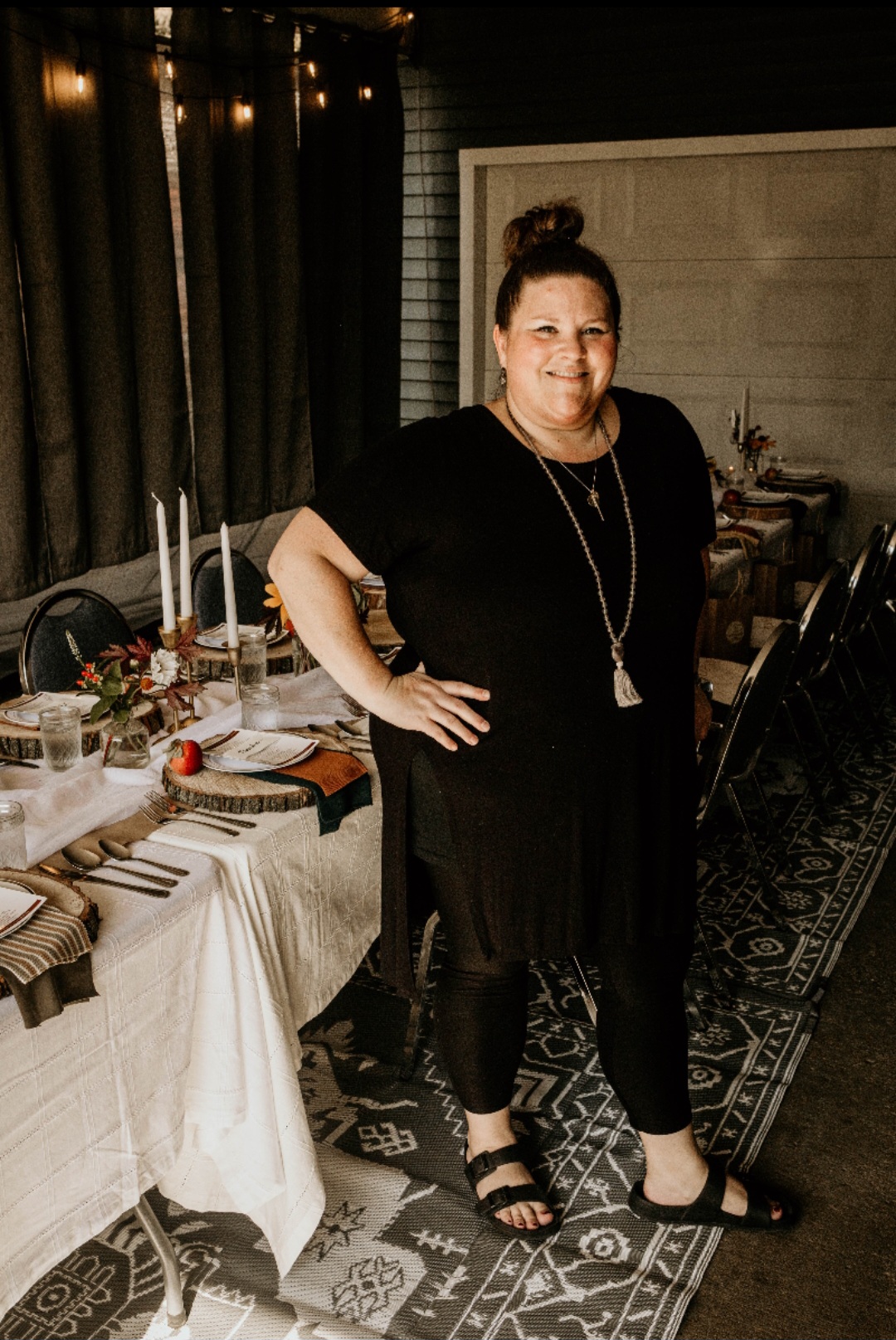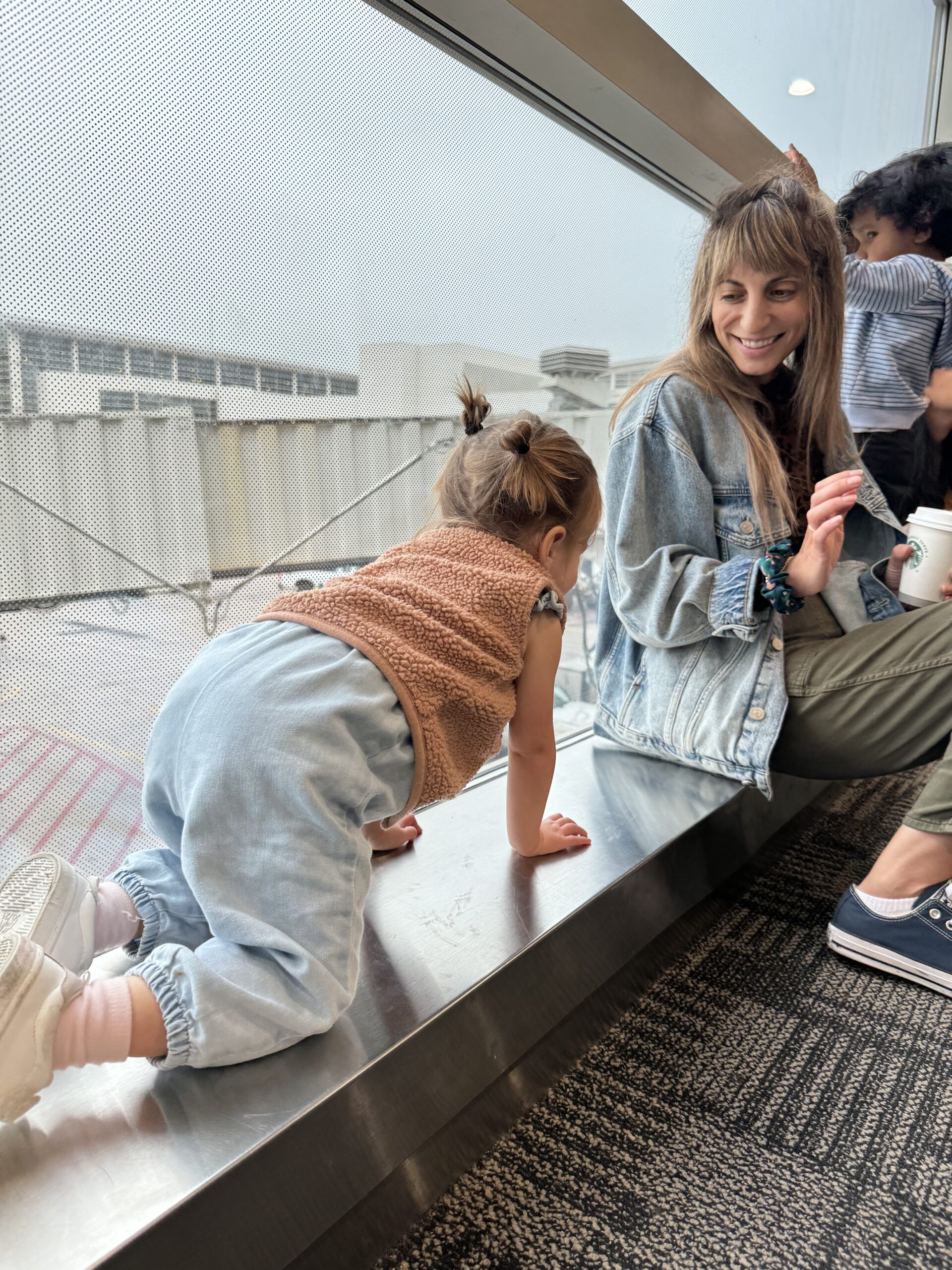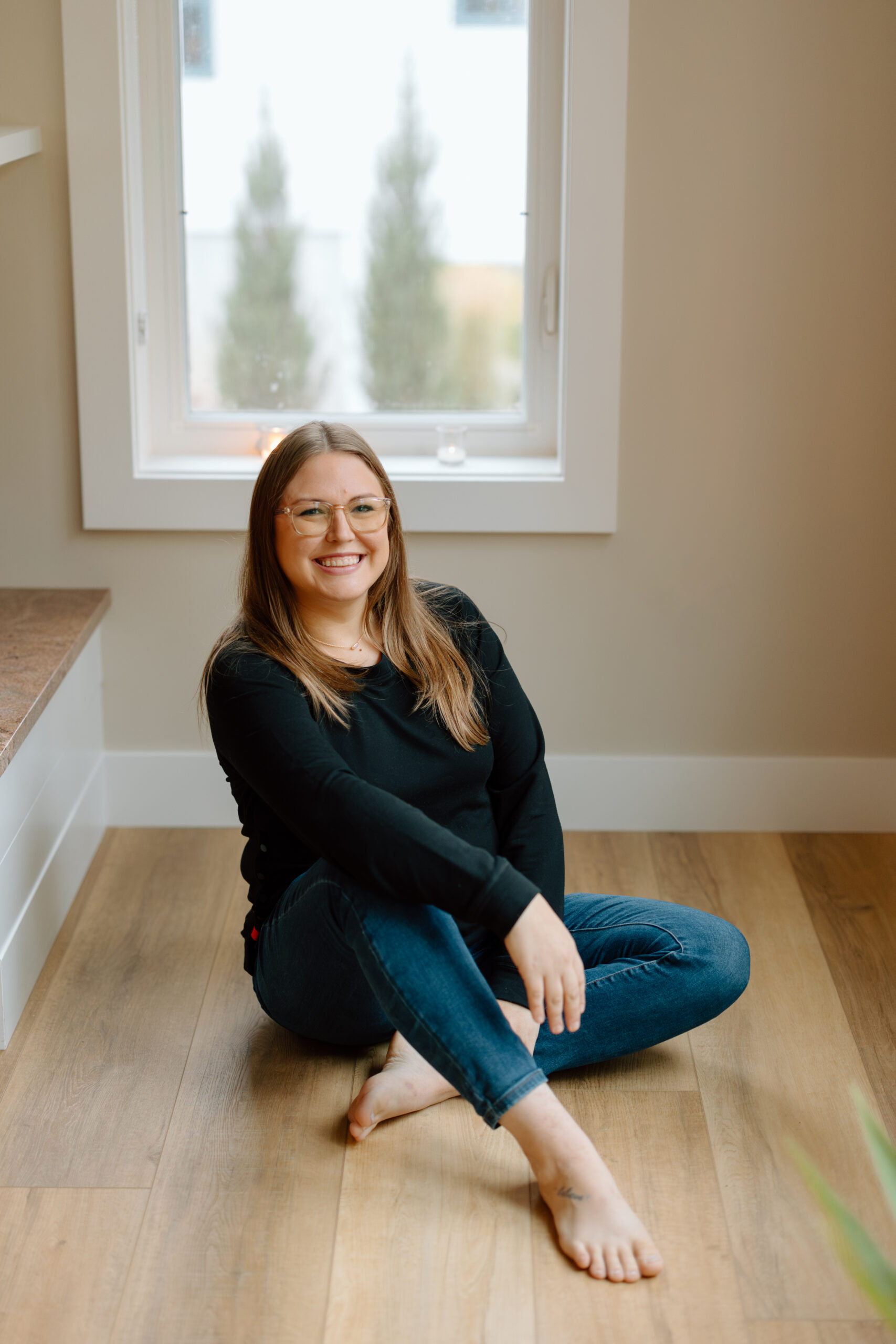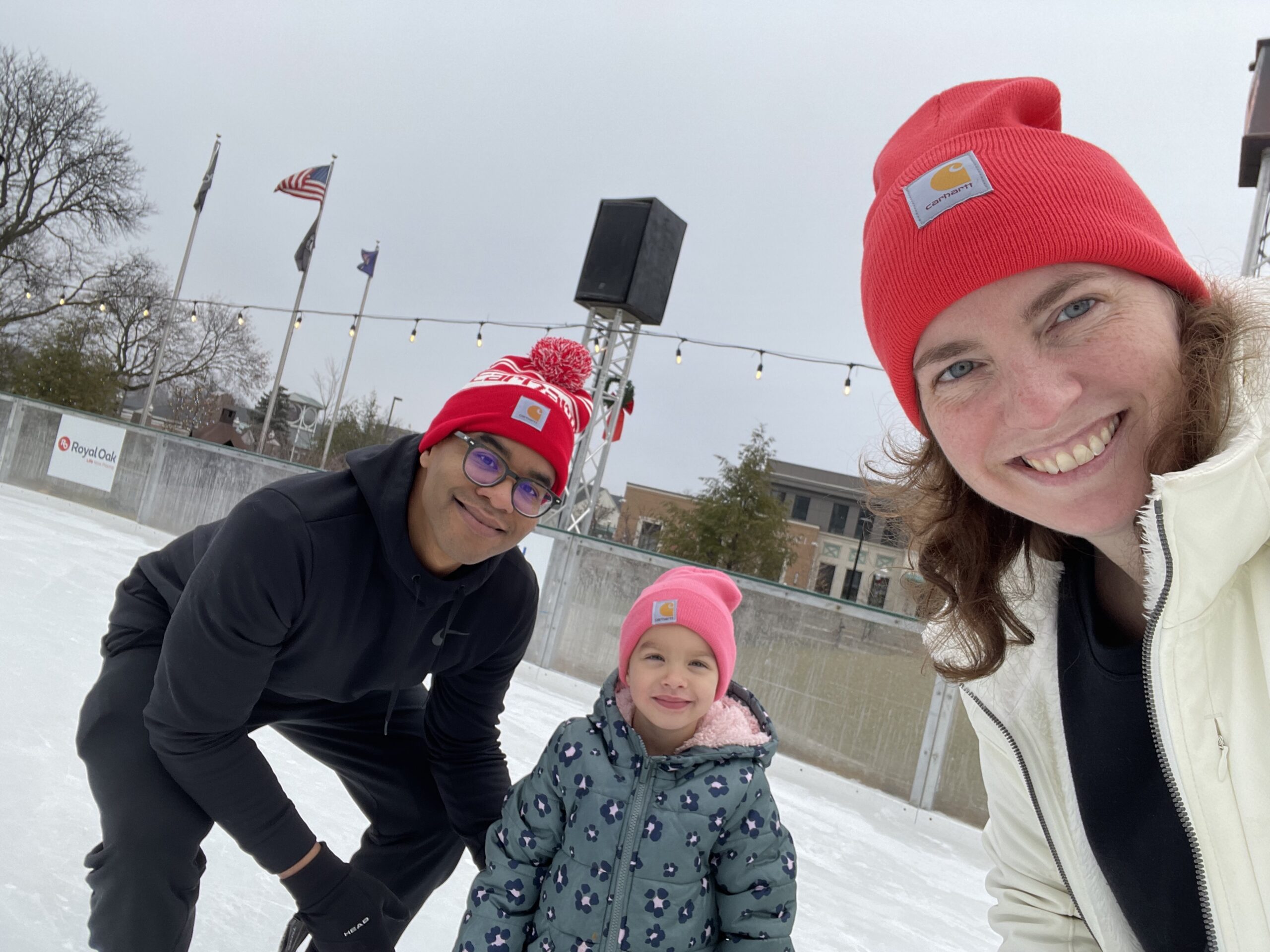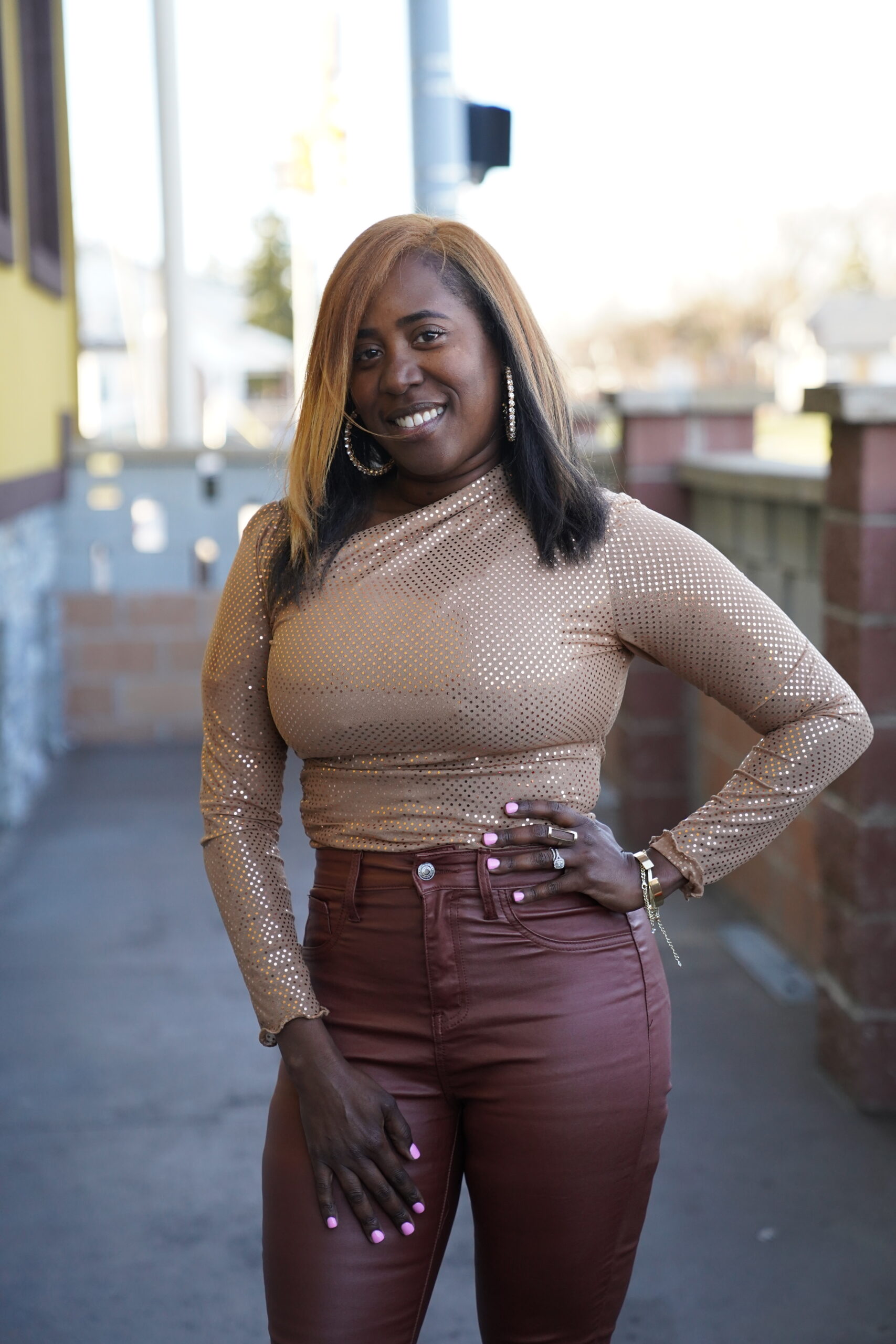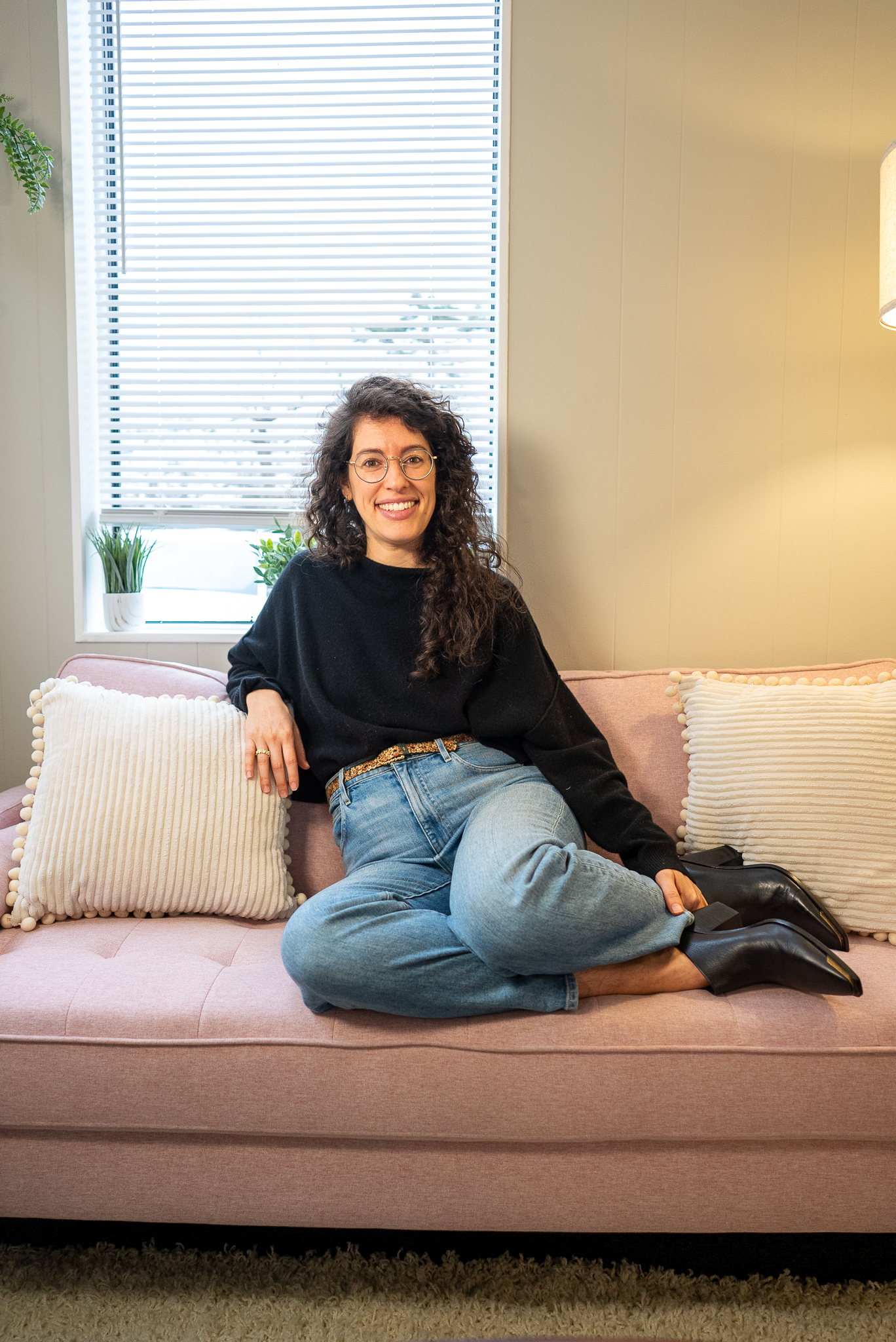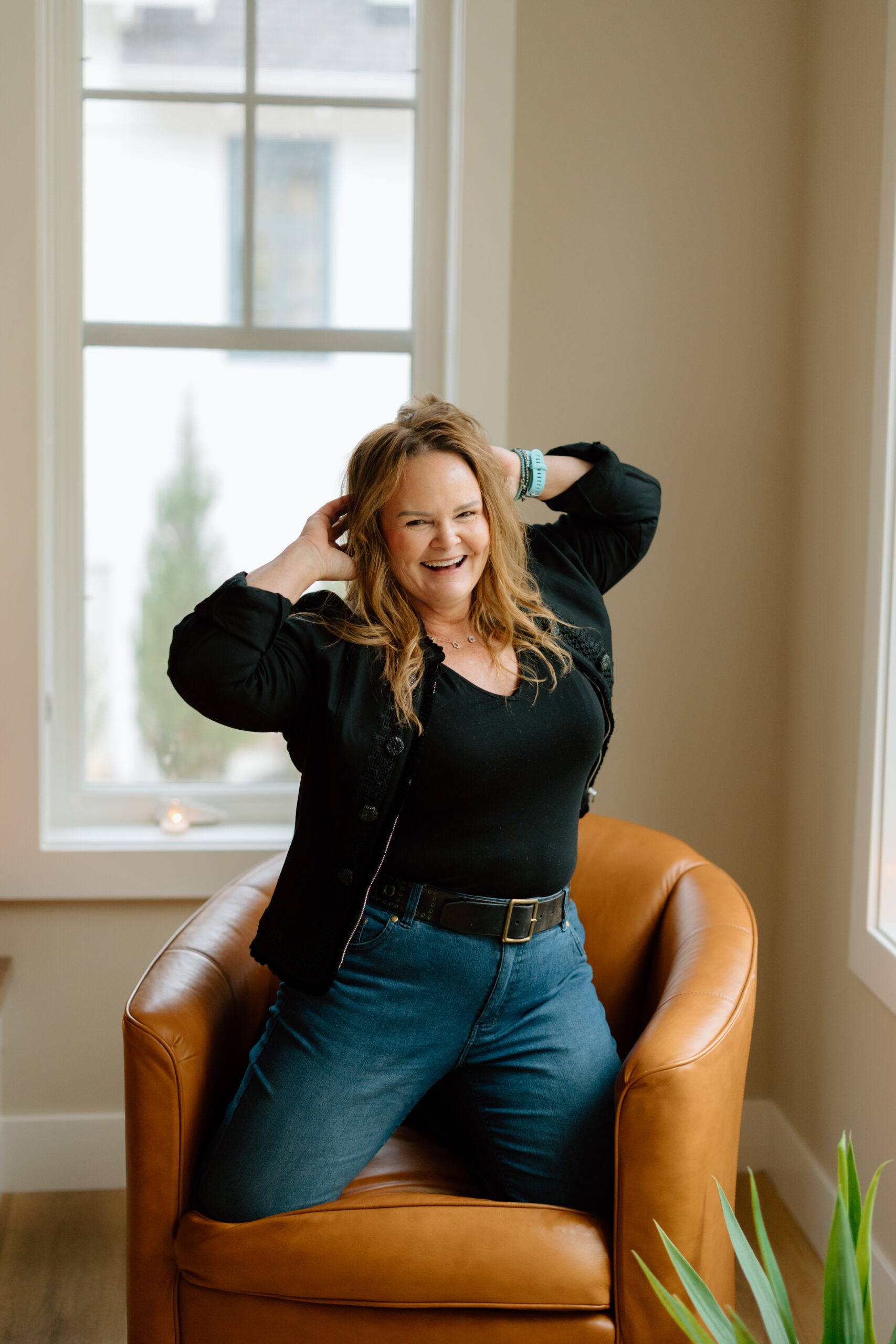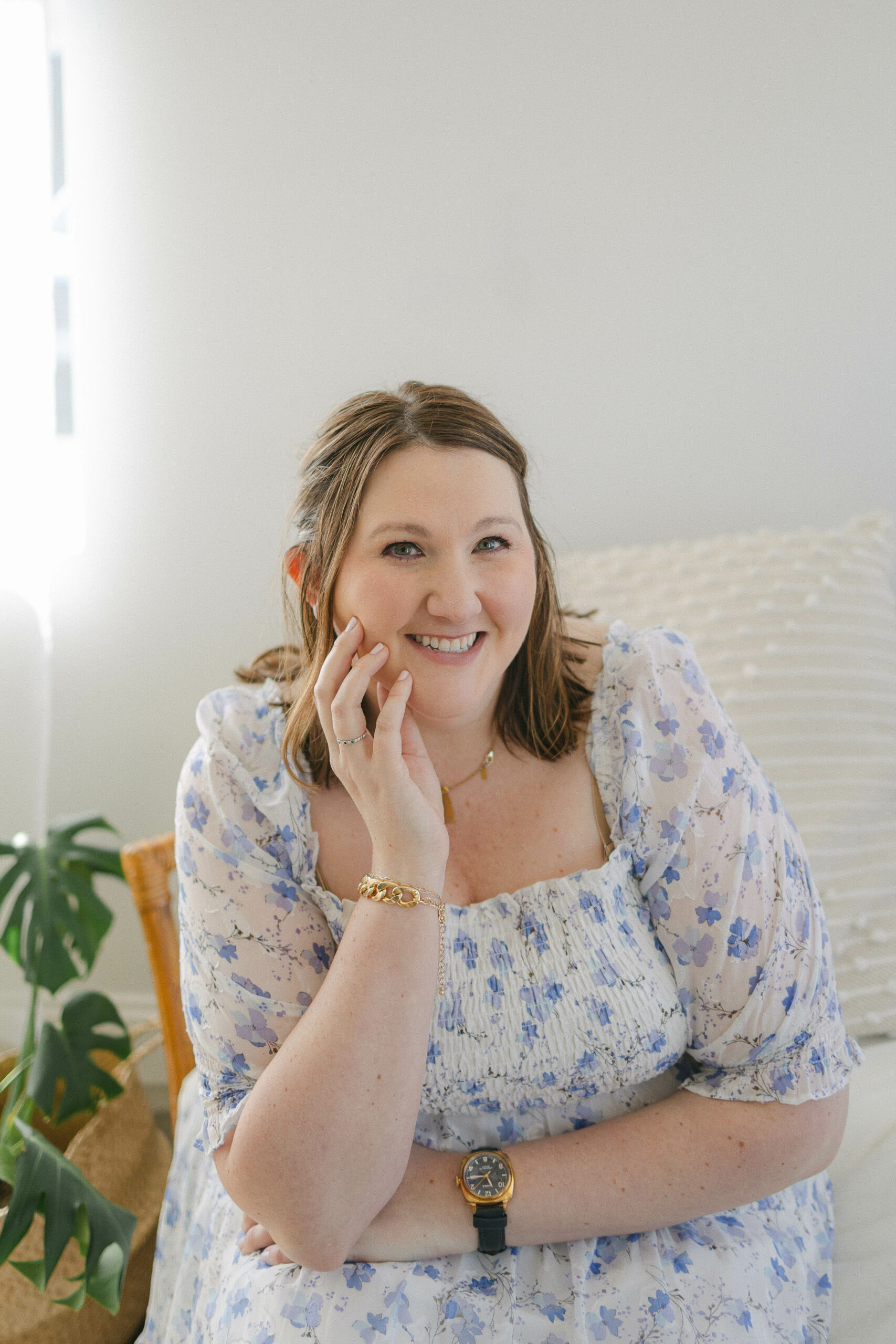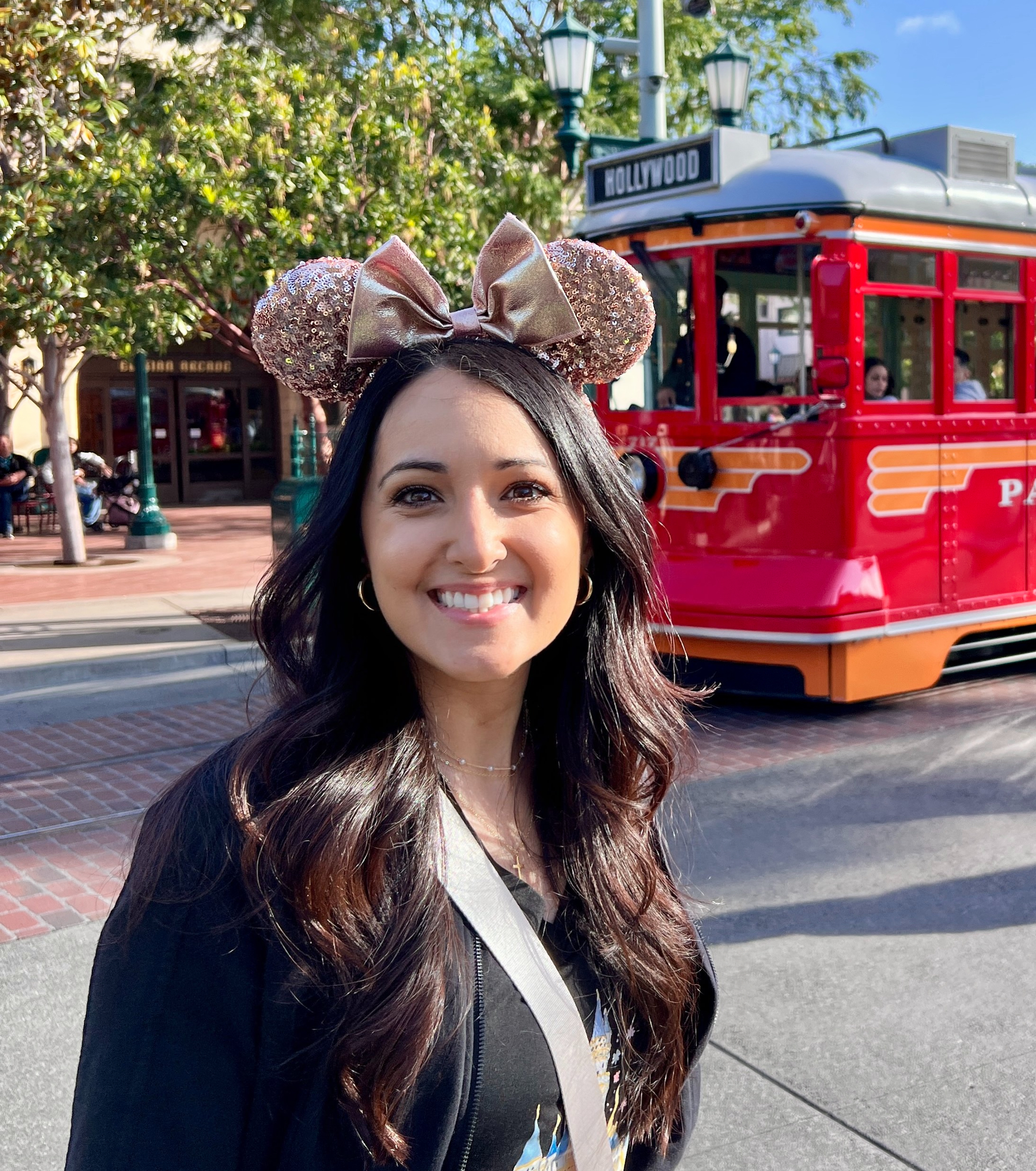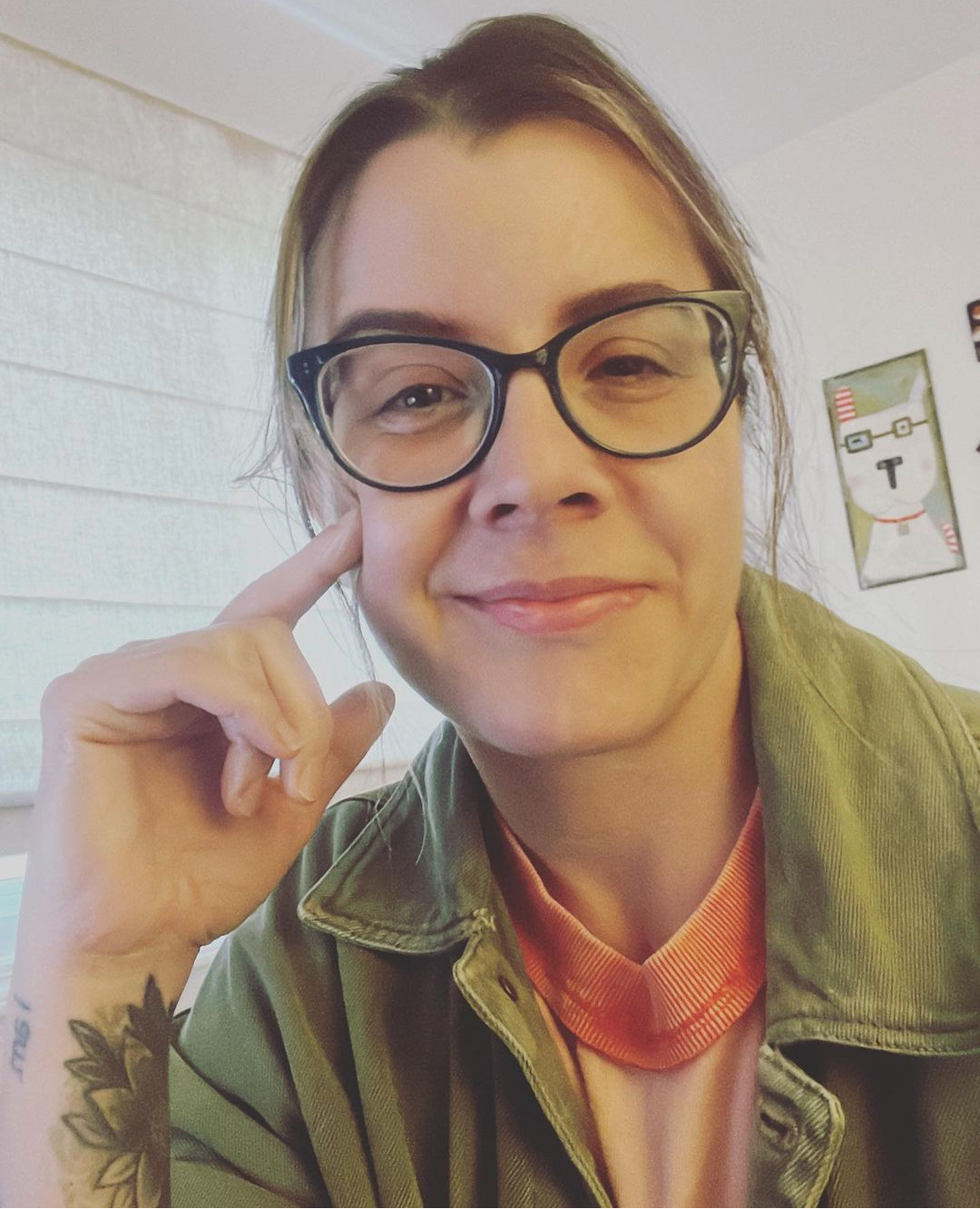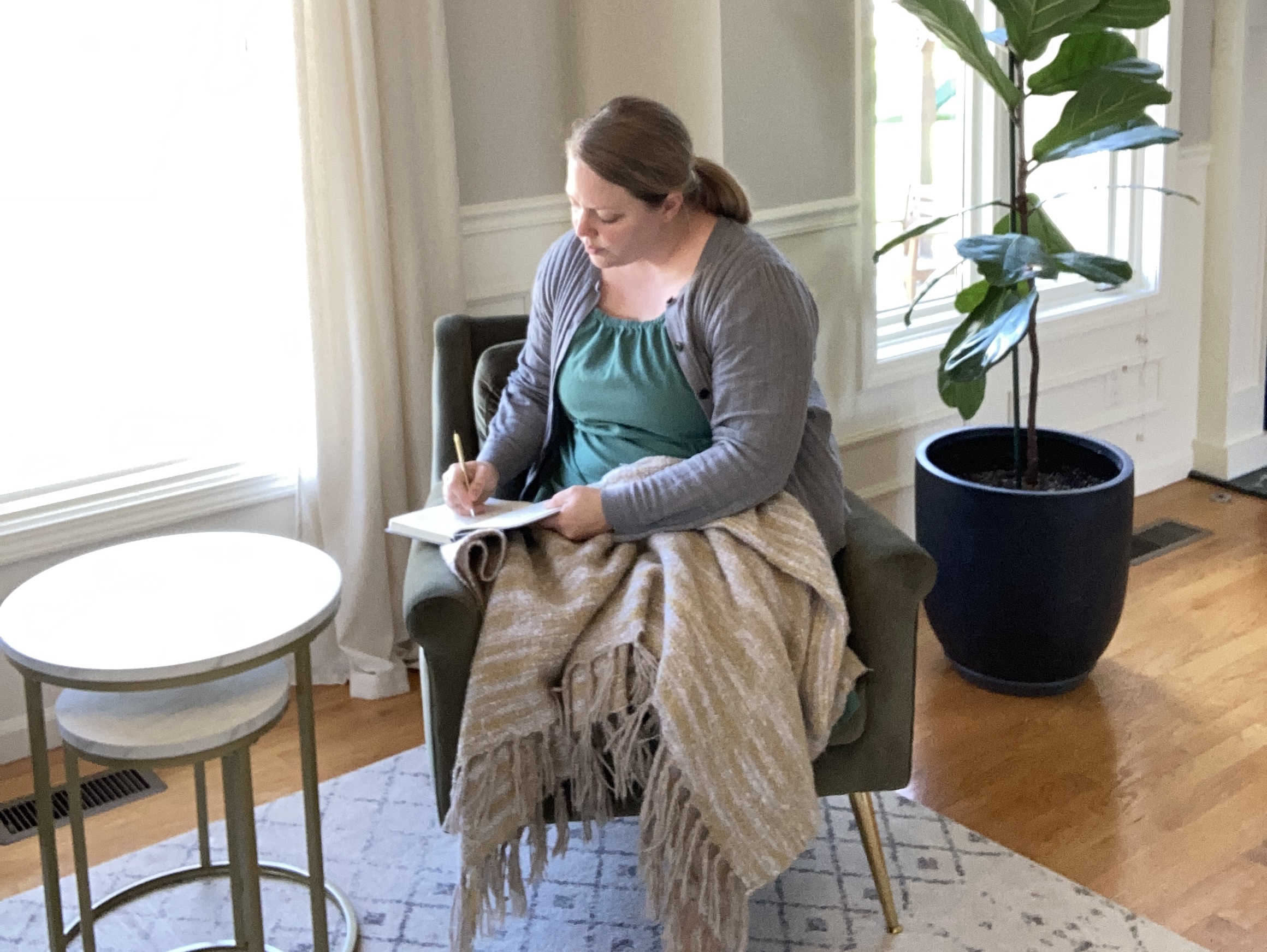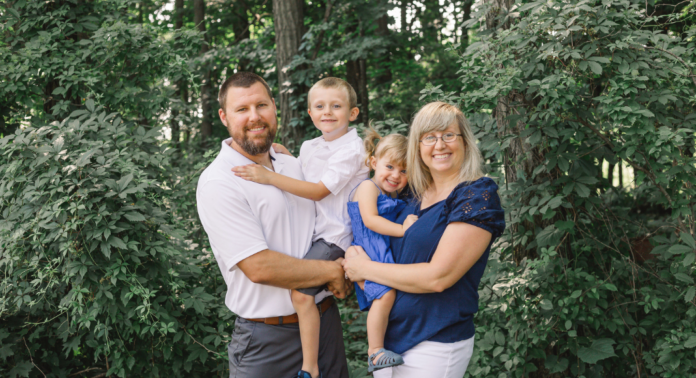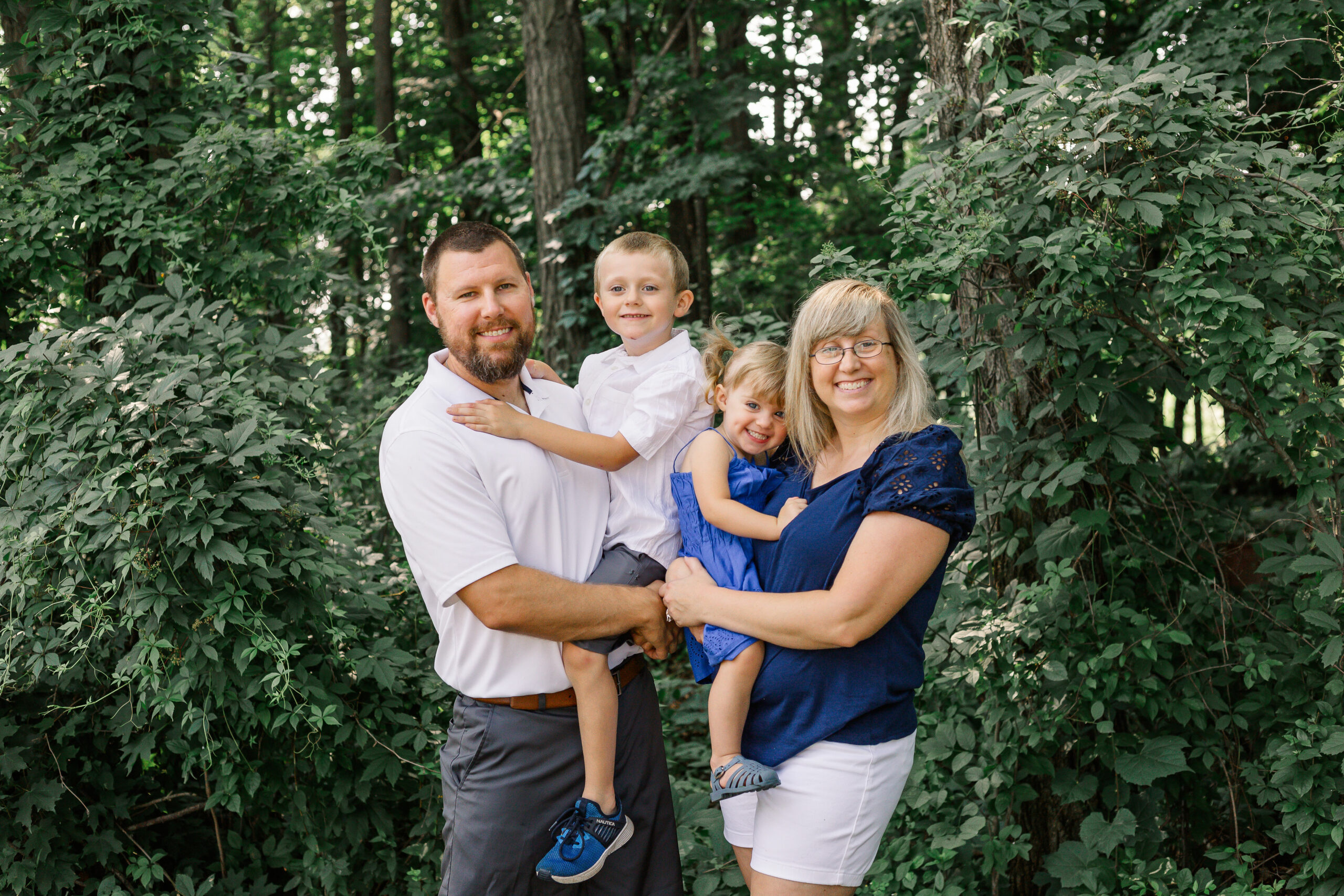We are so excited to get together for our next Detroit Mom Connect event! Below you will find some of the incredible women who will be attending the event so you can get to know them a little before we get together!
-
I love being outside, yoga, spending time with my family, and anything on the Peloton app. I work part-time for a local nonprofit as a Program Manager for one of their youth mentoring programs in Detroit. I am passionate about helping others and ensuring youth have the support they need to meet their full potential. When I am not working, you can find me outside on a long walk with my son and dog or cozy with a book. I love a good rom-com story and a hot, hot coffee!Amanda Nihem
-
I’m a licensed clinical therapist (LCSW) and professional intuitive. I combine psychology and psychotherapy with energy/intuitive work to simplify mental health healing and make it more effective. I help individuals and families make their life and happiness easier in 1-6 sessions. I’m also a single mom living in Metro Detroit who loves to bake from scratch and make the world a better place.Annamarie Green
-
I'm the owner and founder of AMPed Hybrid Academy, a project based learning microschool. I'm also opening a co-working space for parents next month with educational programming for 2-5 year olds. We will also have office space available for child-related therapists and other practitioners.Anne Marie Palazzolo
-
I am a human in progress, helping others progress! I am a part of a collective of female therapists who specialize in all things motherhood. Outside of work I am generally busy mothering my three littles, working on house projects, going to the gym, and spending too much money at coffee shops.Brooke Stone
-
I am a dedicated mom of three busy boys with a passion for bringing joy to everyday life. As a stay-at-home mom, I work on finding the magic in all stages of childhood and motherhood with my infant, toddler, and preschooler. Formerly a classroom teacher, I'm now channeling my expertise into running a vibrant local playgroup, where kids can learn, grow, and play together in a nurturing environment.Caitlin Pillow
-
Hey Mommas! I am a Co-Founder of Michigan Mom Social, published model, and mom-extraordinaire raising a squad of 4…ranging in age from 3 to 17! When I’m not busy with allllll that, I am the ultimate mom friend you’ll want in your corner. I am on a journey of self-discovery, constantly seeking out new passions and ways to grow, all while pouring my love and wisdom into those around me. I look forward to connecting with all of you! 😘Caitlyn Johnson
-
I'm a self-proclaimed Numbers Nerd, with over 20 years in the financial industry, with 10 of them helping business owners manage their books. I am currently an Expert Bookkeeper with Intuit and a QuickBooks ProAdvisor working to help women-owned businesses feel confident and empowered about their business finances. My goal is to help you understand your business books without needing an accounting degree or spending hours searching Google.Charmaine Fuller
-
I'm a mom, boutique owner, and podcast host who brings boundless energy and enthusiasm to everything I do. As the founder of empowHER., Michigan's largest women empowerment conference, I am dedicated to lifting women up and creating a supportive community. I thrive on exploring new experiences and building genuine relationships, making everyone I encounter feel seen and valued.Demiree Fultz
-
I'm a mom, social worker, and passionate mental health advocate. I'm on a mission to create a comprehensive maternal mental health center, which will be a safe and healing environment where mothers can embark on their journey towards mental wellness. The center will focus on: holistic healing through evidence-based therapies, strengths-based support, culturally responsive care, and community collaboration.Elizabeth Ireland
-
I'm a mom and the owner of Modern Social Detroit, a luxury glam photobooth in the Detroit area. When I'm not working full-time or on Modern Social, you can find me gardening, planning and designing my full-house renovation, schlepping my daughter to one of her activities, or keeping busy in some other way. I never sit still!Kara Bradley
-
I'm a mom, a wife, a friend, and a pediatric nurse practitioner. This year I get to add entrepreneur to my skill set. I have 3 kiddos, a loving hubby, and 2 fur babies running around. You can catch me cheering on my kids at their endless sports games, dreaming about a day when I can travel the world, or diving into a good book with a glass of wine.Kara FiegelWriter
-
I am a mom, Yooper-Detroiter, ex-corporate finance ladder climber turned real estate agent, and a health and wellness connoisseur. I recently left my successful corporate job in the fall and did a hard pivot and got my real estate license. I also like to use my right brain and have a food blog that I created and run.Karissa Pfeffer
-
I believe in making people feel seen and feel something. I'm a three time business owner and own the Jonesy Co., Lansing Mom, and Michigan With Kids. I offer mentor services for women in business who want to show up and succeed on their terms, photography services for women who want to capture their bad ass business and/or the intimate moment in time that their family is currently at with family photos. Lansing Mom is a community for moms in the Lansing area to feel seen and heard and Michigan With Kids is for every mom who wants to adventure in this beautiful state with their kiddos.Katie Jones
-
Hi! I'm the owner of Studio One Photography in Wyandotte. Mom to 4 cute kids, wife to 1 great guy. Juggling owning a business & running a family & carving out some time to be me. I love fresh flowers, painting huge pieces of art, & a strong espresso drink. You won't catch me camping or hiking, but I am always around for a good meal with friends!Kelly Caroline
-
I’m a Detroit-based wife and mom as well as a government and nonprofit leader. I serve currently as Director of Community Outreach for the Wayne County Clerk’s office under the Right & Honorable Cathy Garrett. I’m also founding Executive Director for the Detroit-based recently launched service and advocacy nonprofit Black Marriage Movement. My passion is promoting generational wealth and prosperity in the Black community by promoting marriage.Krystal Larsosa
-
I am a Trauma-Informed Retreat Leader, Breathwork & Somatic Practitioner, and the Co-Founder of Retreat to Reclaim, a community dedicated to belonging and improving your overall well-being. I live in Metro Detroit with my husband and four kids. I also lead the Sanctuary Circle: Loss Support Group at Fourth Tri Sanctuary every first Thursday of the month for mamas of loss.Lauryn Laszczak
-
I like to think I'm unapologetically myself and really not good at having surface conversations for more than a few minutes ;). I love depth, love being goofy, honoring the creative side of myself with crafts, organizing, and putting cute outfits together for my 2 year old. I love cooking, Farmer’s markets, skiing, and making meaningful connections. I'm an LCSW and own a private practice with two amazing therapists who work for me that specialize in eating disorders, body image, and body acceptance. I follow my intuition and feel like all the meaningful things I do end up being against the grain, which sometimes feels challenging, but so right.Lexie Garfield-Turner
-
Hi! I'm a 35-year-old mom of 2. I'm a passionate gardener and flower lover. I started my own floral design business in 2021 in search of a creative outlet and finding meaning outside of motherhood. My interests include traveling, yoga, strength training, meditation, in general health and wellness.Lisa Skarb
-
I’m a God-fearing creative with a million dollar personality. I’m a single mom by choice to three beautiful tiny hearts. I’m a full time beauty entrepreneur, speaker, and business growth consultant. I utilize my corporate sales leadership experience, my current business framework, my personal interests, and life obstacles to connect and build with others. I’m always looking for ways to serve others through active community service, social action awareness, and as a foster mom.Monique Jackson
-
Hello there, I'm Natasha, the proud owner of Live Light Birth & Family. I'm a mom to the spirited Opal, my vibrant 4-year-old, and the partner of my love, Jason. I find joy in connecting families with essential prenatal and postpartum support. In addition to running the agency I serve as a doula, childbirth educator, and prenatal yoga teacher. It means the world to me that I'm able to contribute to the well-being of families. I love to travel and I embrace new experiences!Natasha Kinner
-
As a Life Alignment Coach, I mentor women who are ready to face the reality of the duality that life is chaotic and chaos is manageable. I guide those women to cycle through the seasons by living in alignment with realistic expectations of their time and energy--one week at a time. Together, we do the work in The Hive Collective, my online community.Rachel Antone
-
My journey from childhood struggles with weight to co-owning TRV|FIT in Berkley has been one of resilience and self-discovery. With degrees in Health and Rehabilitative Programs and Exercise Science, I'm deeply committed to wellness. At TRV|FIT, I empower women through personalized strength training and self-love, especially during menopause and perimenopause. By providing tailored programs and fostering a supportive environment, I help women embrace their bodies and lead vibrant, active lives.Rachel Gomillion
-
I am the owner of KB Event Co. I specialize in luxury backdrops, balloon styling, event decorating, and luxury picnics. You dream it, I can create it. I started this business to live out my God-given talents while also being a stay-at-home mom to my two children Kora and Beau--hence the KB in my business name.Rosie Palarchio
-
Hi! I'm a positive, creative event manager. Born in Florida, I now live in the mitten with my family, and have a four-year-old baby girl who is my whole world. I have a background in entertainment production, and have been an independent event manager for over a decade working with everyone from large corporations to small private events around the country. I’m focused on providing you with the best service possible, and a helping hand, whether that be full service planning, or even for just day-of set up and coordination. I strive to make spaces and experiences beautiful!Shalisa Seidl
-
I am not only a wife but also a proud mother of four-year-old boy/girl twins, all while managing a full-time career in the financial services industry. Additionally, I am the proud owner of Soul Roots Wax Co., a small-batch candle making company that specializes in producing environmentally-friendly soy candles that burn cleanly and are free from toxic substances. Our passion lies in creating these high-quality products to create more soulful moments one sniff at a time.Shea Kondrat
-
I’m a former Disney performer turned stay-at-home mom and step mom. When I was pregnant, I started a company and wrote a book designed to help medical facilities deliver Disney-level customer service. After having my son and constantly questioning what felt natural in regards to his sleep, my passion shifted to studying to be a child wellbeing and sleep specialist. I love being a mom and helping other moms trust their intuition!Shereena Duncan
-
I'm the Client Manager and Managing Editor for Detroit Mom and I'm a mom to three girls. I am a crocheter, a writer, and a tap dancer! I'm an introvert but trying to put myself out there a little more. I'm a former teacher who loves learning. I'm working harder on putting myself first and dropping the guilt of doing so!Whitney Cornelli
The above photos do not belong to Detroit Mom but to the individuals listed above.






